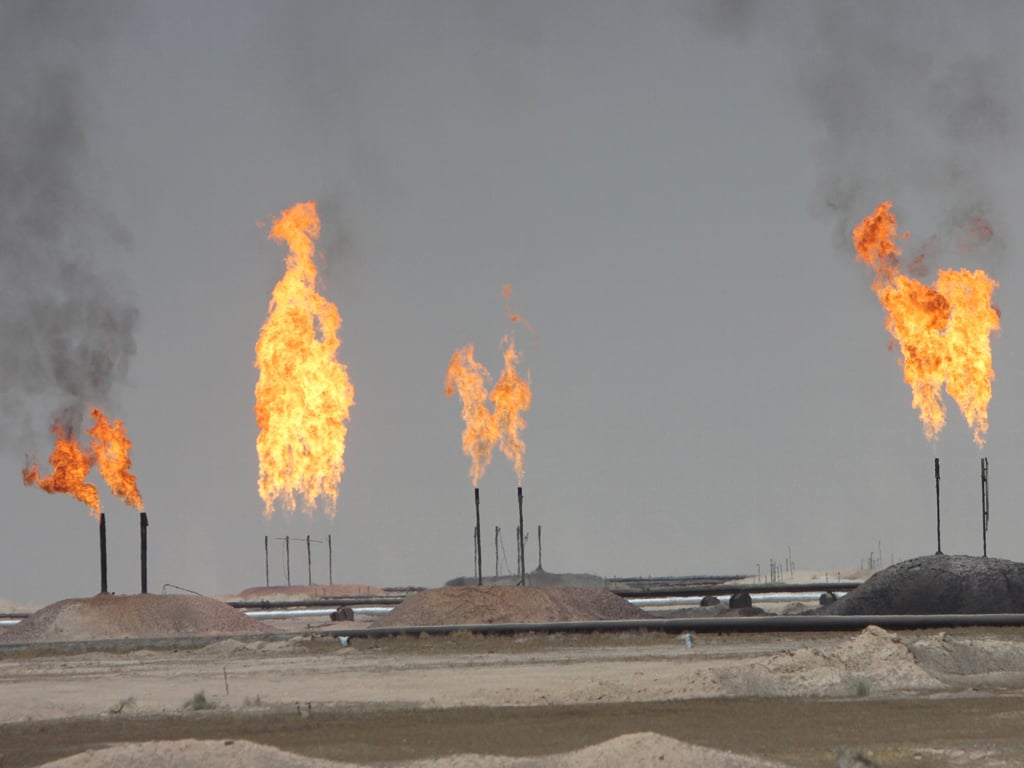NEW YORK: US natural gas futures eased on Thursday on forecasts for less hot weather and lower demand over the next two weeks than previously expected as the market takes a break after soaring to a seven-year high in the prior session.
Since Hurricane Ida started targeting the US Gulf Coast in late August, gas futures have gained over 20% due mostly to the slow return of production in the Gulf of Mexico and continued hot weather across much of the country. That heat has been especially extreme in the US West where another heat wave is baking California.
Traders also noted the lack of big price moves so far on Thursday came as the market waits for direction from a federal report expected to show last week’s hot weather and low storm-related output resulted in a much smaller than usual inventory build. US stockpiles, which utilities use to meet peak demand for heat during the winter months, were already more than 7% below normal for this time of year.
Analysts forecast US utilities added 40 billion cubic feet (bcf) of gas into storage during the week ended Sept. 3. That compares with an increase of 65 bcf in the same week last year and a five-year (2016-2020) average increase of 65 bcf.
If correct, last week’s injection would boost stockpiles to 2.911 trillion cubic feet (tcf), which would be 7.8% below the five-year average of 3.158 tcf for this time of year.





















Comments
Comments are closed.